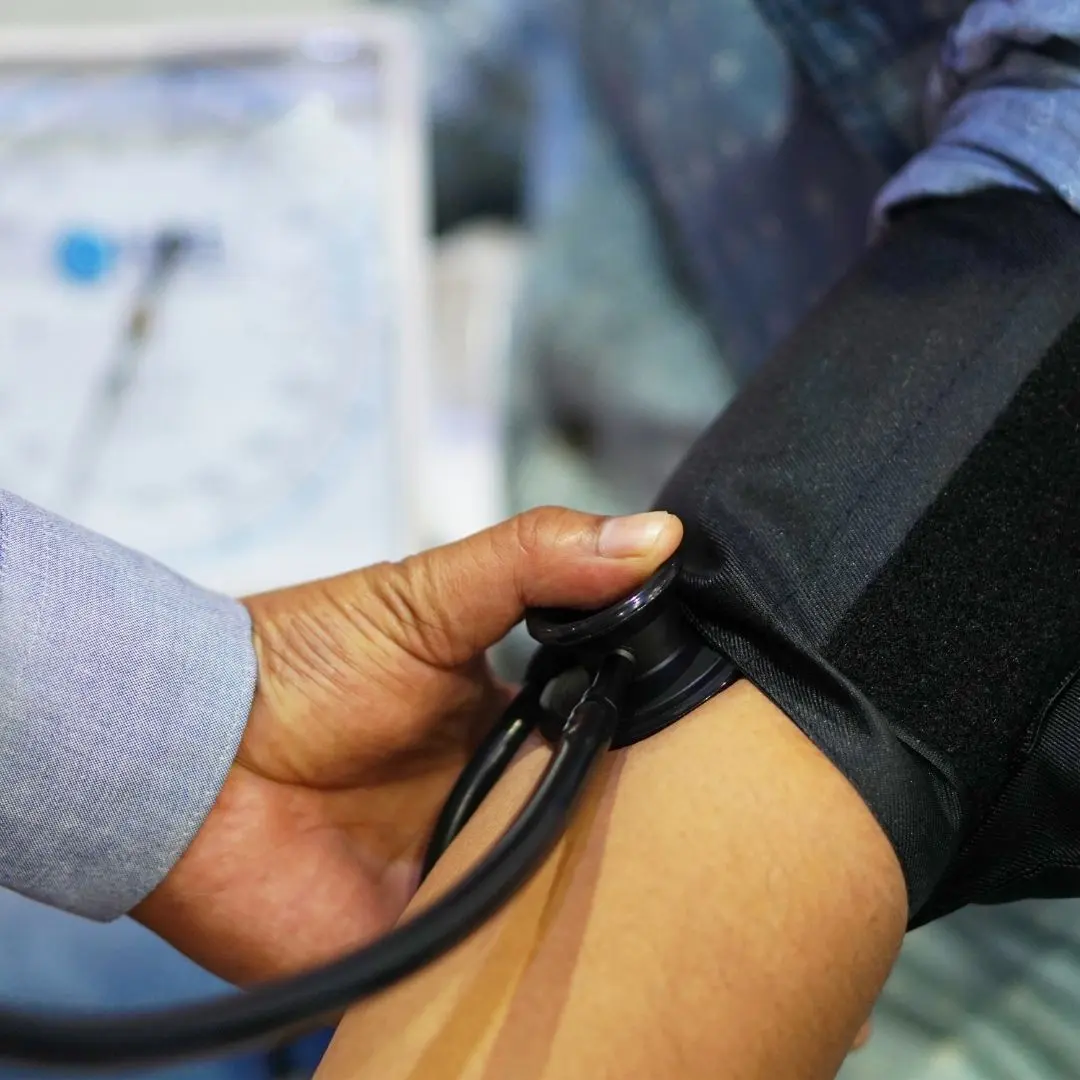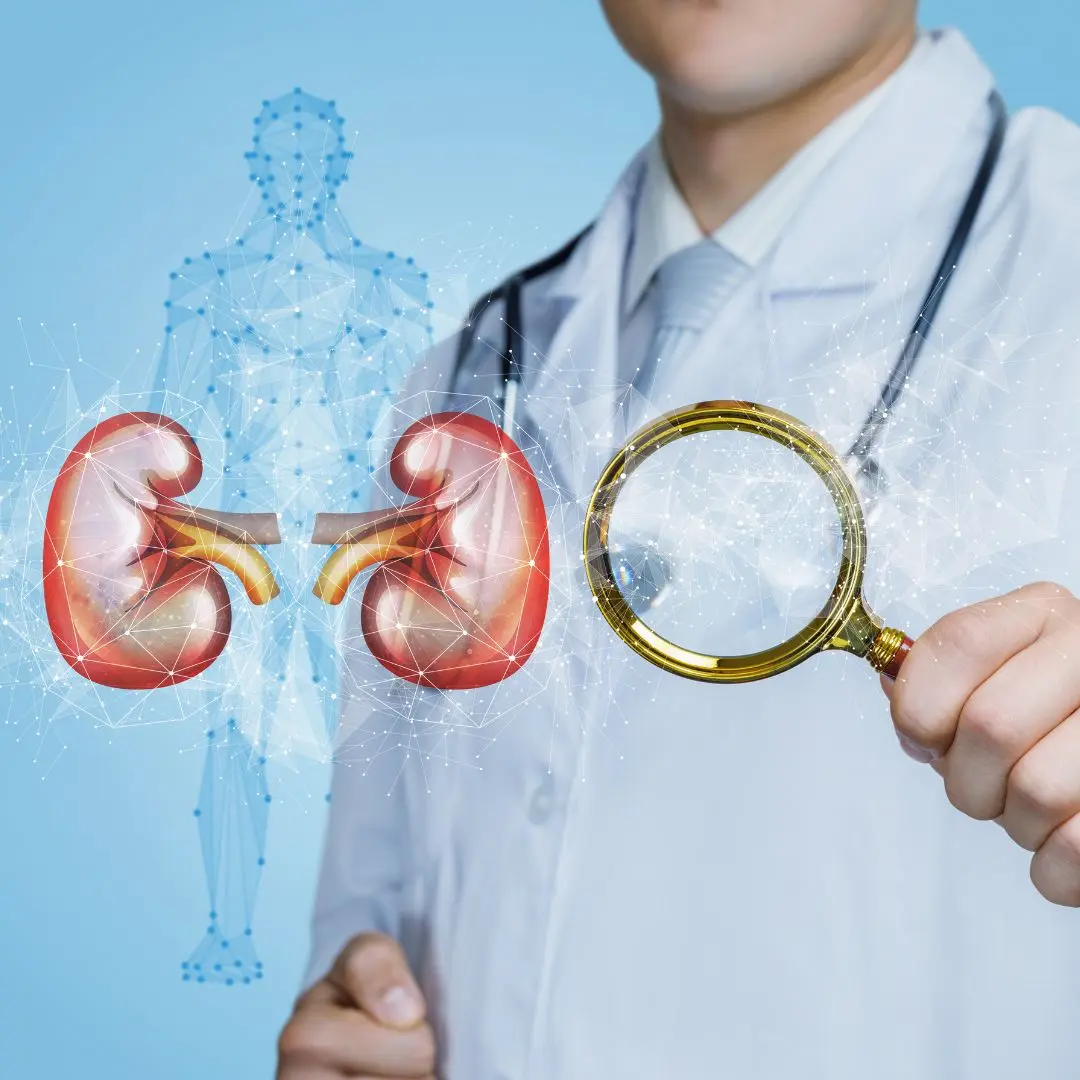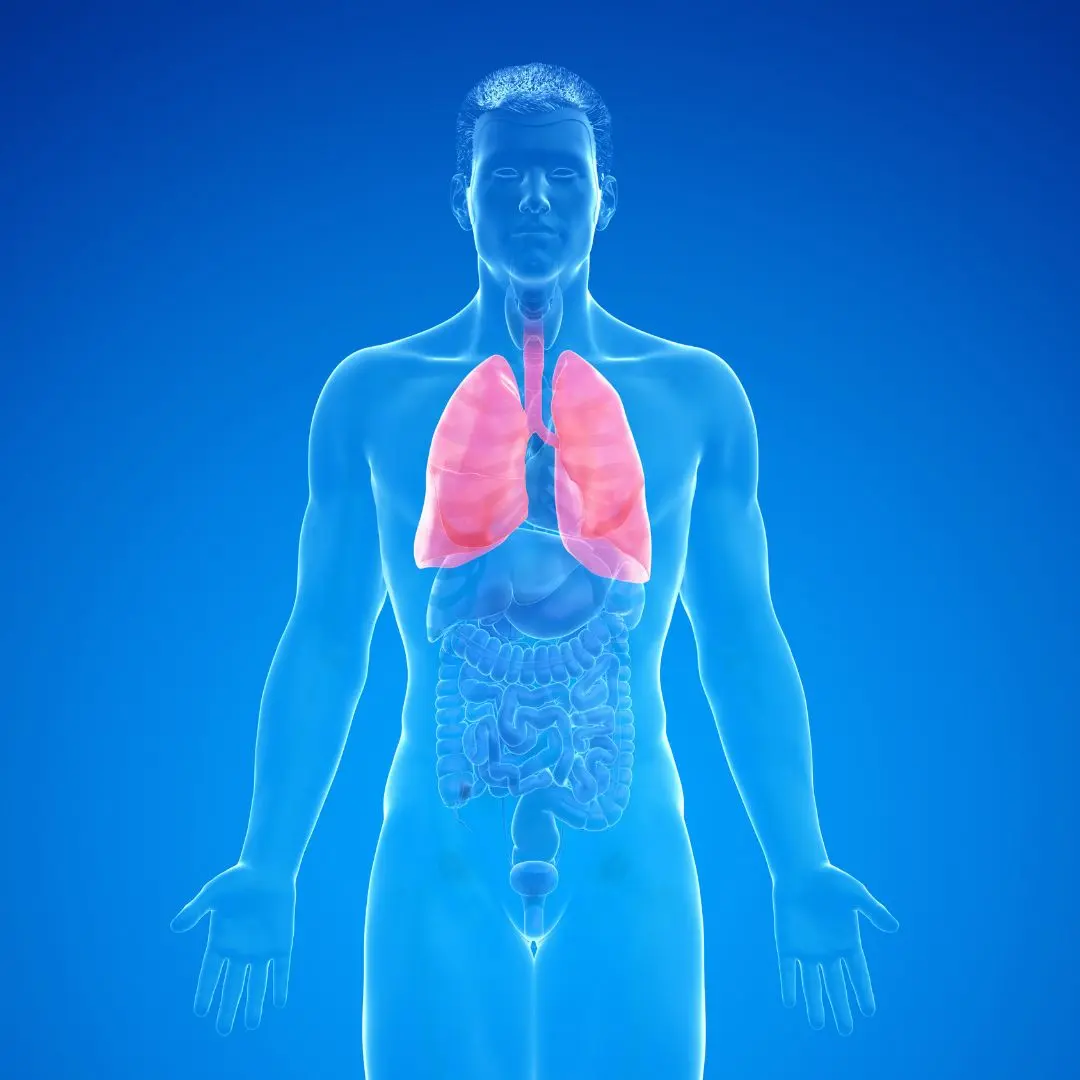Low blood pressure (BP) with a high pulse rate can indicate serious health concerns. Learn about its causes, symptoms, and how to manage it effectively.

Blog
Low BP & High Pulse: 5 Key Causes, Symptoms & Fixes
Low blood pressure (BP) with a high pulse rate can be concerning, especially when it leads to dizziness, weakness, or fainting. While some variations in BP and heart rate are normal, persistently low BP with tachycardia (rapid heart rate) could indicate serious underlying conditions like dehydration, anemia, or even heart disease. Understanding the causes and management strategies can help in preventing complications.
To understand this condition, we must first examine what low blood pressure and an increased heart rate signify.
Blood pressure below 90/60 mmHg is generally considered low. When BP drops, the body's organs may not receive enough oxygen-rich blood, leading to fatigue and dizziness.
A normal resting heart rate ranges from 60 to 100 beats per minute (bpm). A pulse above 100 bpm in a resting state is known as tachycardia. The heart may beat faster to compensate for low BP and maintain blood circulation.
A variety of factors can lead to this condition. Understanding the root cause is essential for proper treatment.
Lack of fluids can lower blood volume, resulting in low BP and a rapid pulse as the heart works harder to circulate blood. This is common among **elderly individuals** who may not drink enough water daily.
Excessive bleeding from **injuries, surgeries, or internal conditions** can cause a drop in BP and trigger a faster heart rate to maintain oxygen supply to vital organs.
Underlying heart issues such as **arrhythmias, heart valve disorders, or heart failure** can cause the heart to pump inefficiently, leading to low BP and tachycardia.
Deficiencies in **iron, vitamin B12, or folate** can lead to anemia, a condition where red blood cells are insufficient to carry oxygen, resulting in fatigue, low BP, and an increased heart rate.
Certain medications, such as **diuretics, antidepressants, and beta-blockers**, may lead to decreased BP and a compensatory high heart rate.
The combination of low BP and a high heart rate can cause the following symptoms:
Low BP can lead to inadequate oxygen supply to the brain, causing dizziness, especially when standing up quickly.
In extreme cases, low BP combined with tachycardia can cause fainting due to reduced blood supply to the brain.
A rapid pulse can make breathing feel labored or inefficient, particularly if the heart is overcompensating for low BP.
Temporary blurred vision can occur due to fluctuating blood pressure levels.
Treatment depends on the underlying cause. Here are some strategies that can help:
Drinking **more fluids** and consuming **electrolytes** can help maintain blood volume and prevent dehydration-related hypotension.
Increasing **salt intake** under medical supervision can help raise BP levels naturally.
If medications are causing low BP, a **doctor may modify dosages** or switch to alternative options.
Supplements or dietary adjustments can improve anemia-related low BP. Learn more about **elderly nutrition** in this senior care guide.
Yes, **stress and anxiety** can trigger a fight-or-flight response, causing a rapid heart rate while temporarily lowering BP.
It can be, especially if symptoms persist. Seek medical attention if you experience fainting, chest pain, or severe dizziness.
Yes, **serious infections like sepsis** can cause BP to drop significantly, leading to compensatory tachycardia.
For a **detailed nursing care approach**, check out this nursing care plan for fever.
Low BP with a high pulse rate may result from **dehydration, heart conditions, anemia, or medication side effects**. Identifying the root cause is essential for effective management. If symptoms persist, consulting a doctor is recommended to prevent complications.
HealthOK Global provides expert insights into disease prevention and diagnostic advancements. Call our 24x7 healthcare helpline at +91-8047190955.
To understand this condition, we must first examine what low blood pressure and an increased heart rate signify.
Treatment depends on the underlying cause. Here are some strategies that can help:
Blood pressure below 90/60 mmHg is generally considered low. When BP drops, the body's organs may not receive enough oxygen-rich blood, leading to fatigue and dizziness.
A normal resting heart rate ranges from 60 to 100 beats per minute (bpm). A pulse above 100 bpm in a resting state is known as tachycardia. The heart may beat faster to compensate for low BP and maintain blood circulation.
Yes, **stress and anxiety** can trigger a fight-or-flight response, causing a rapid heart rate while temporarily lowering BP.
It can be, especially if symptoms persist. Seek medical attention if you experience fainting, chest pain, or severe dizziness.
Yes, **serious infections like sepsis** can cause BP to drop significantly, leading to compensatory tachycardia.
For a **detailed nursing care approach**, check out this nursing care plan for fever.
Need Personalized Health Guidance?
Get expert advice tailored to your specific health needs from our qualified healthcare professionals.





